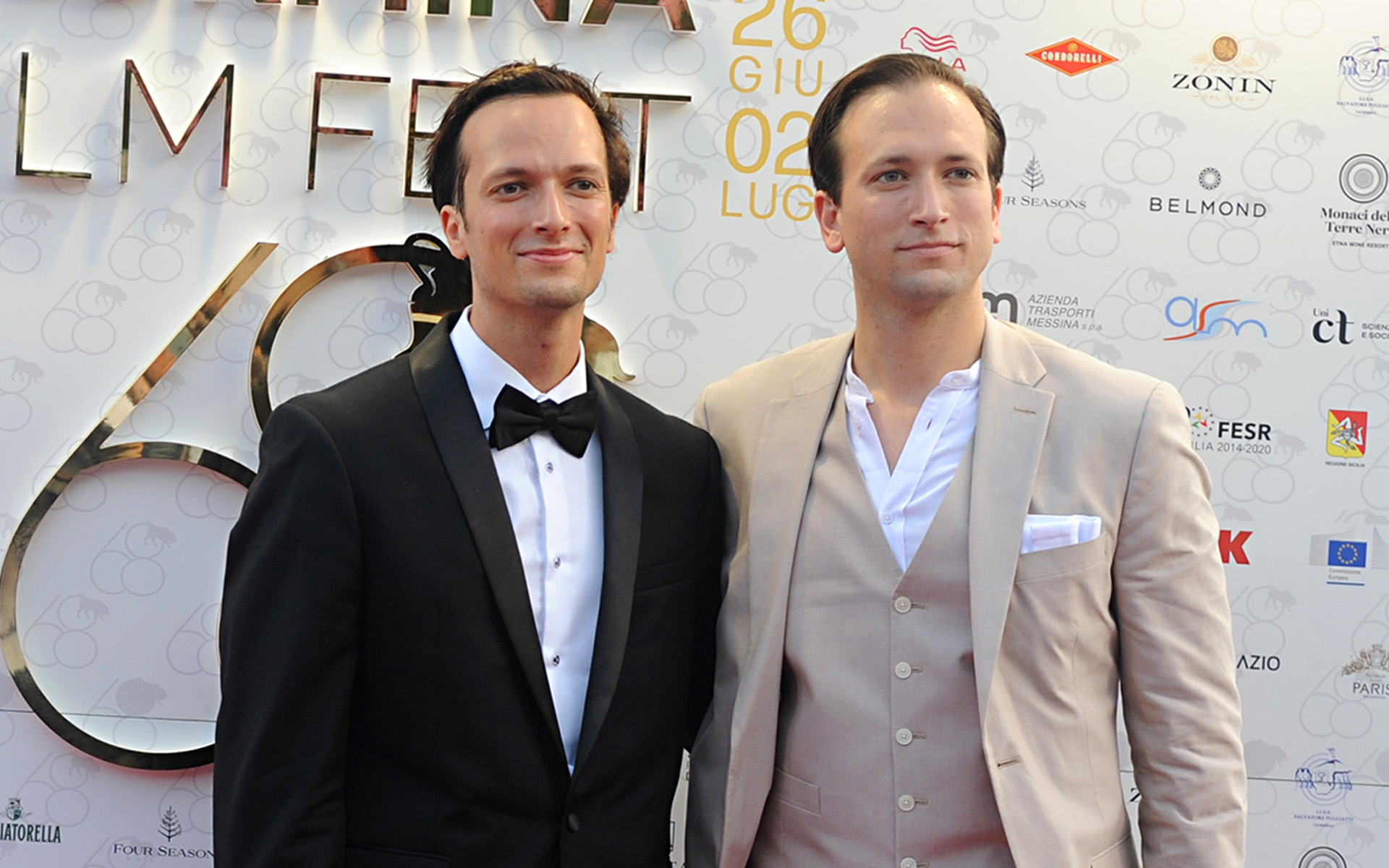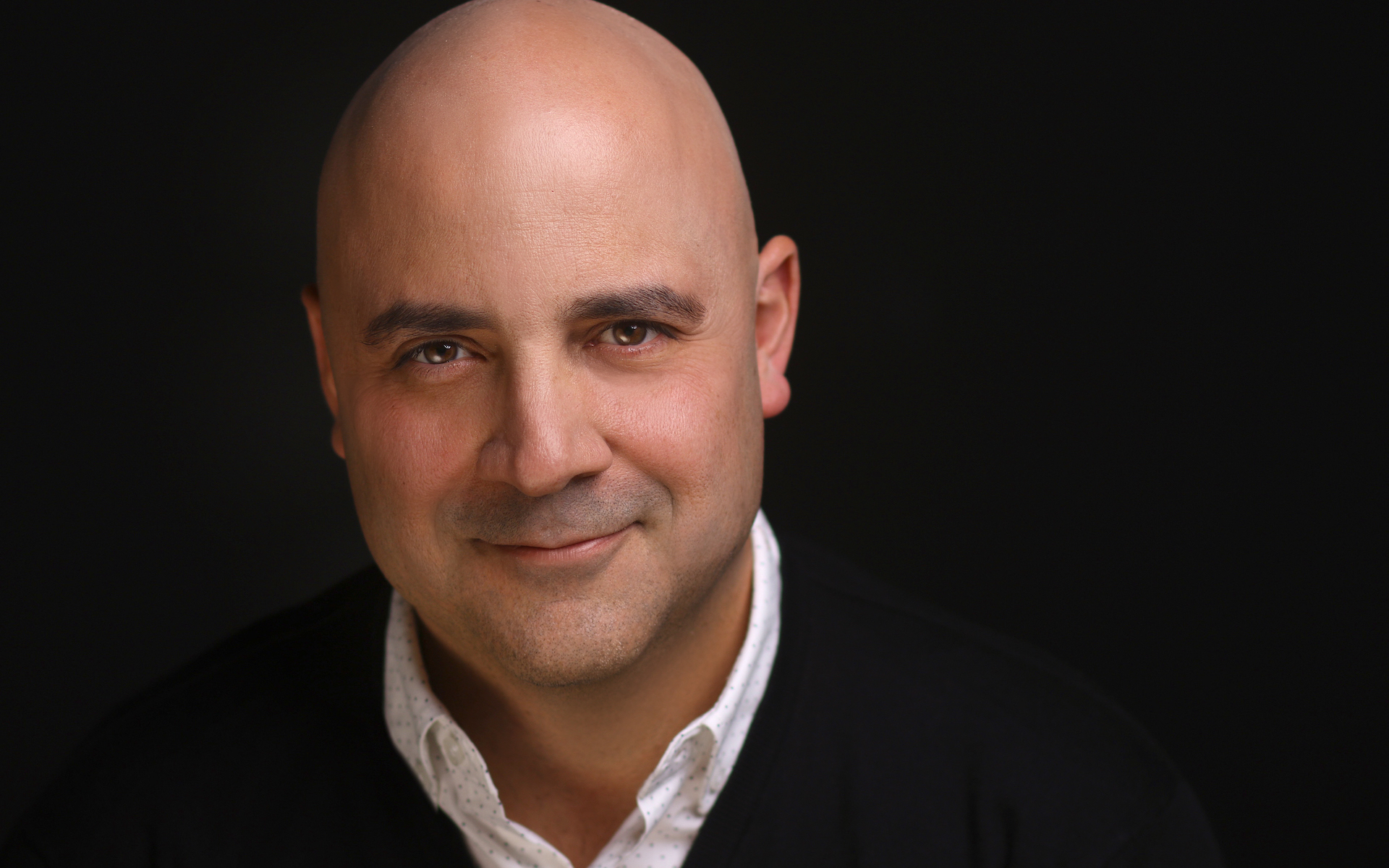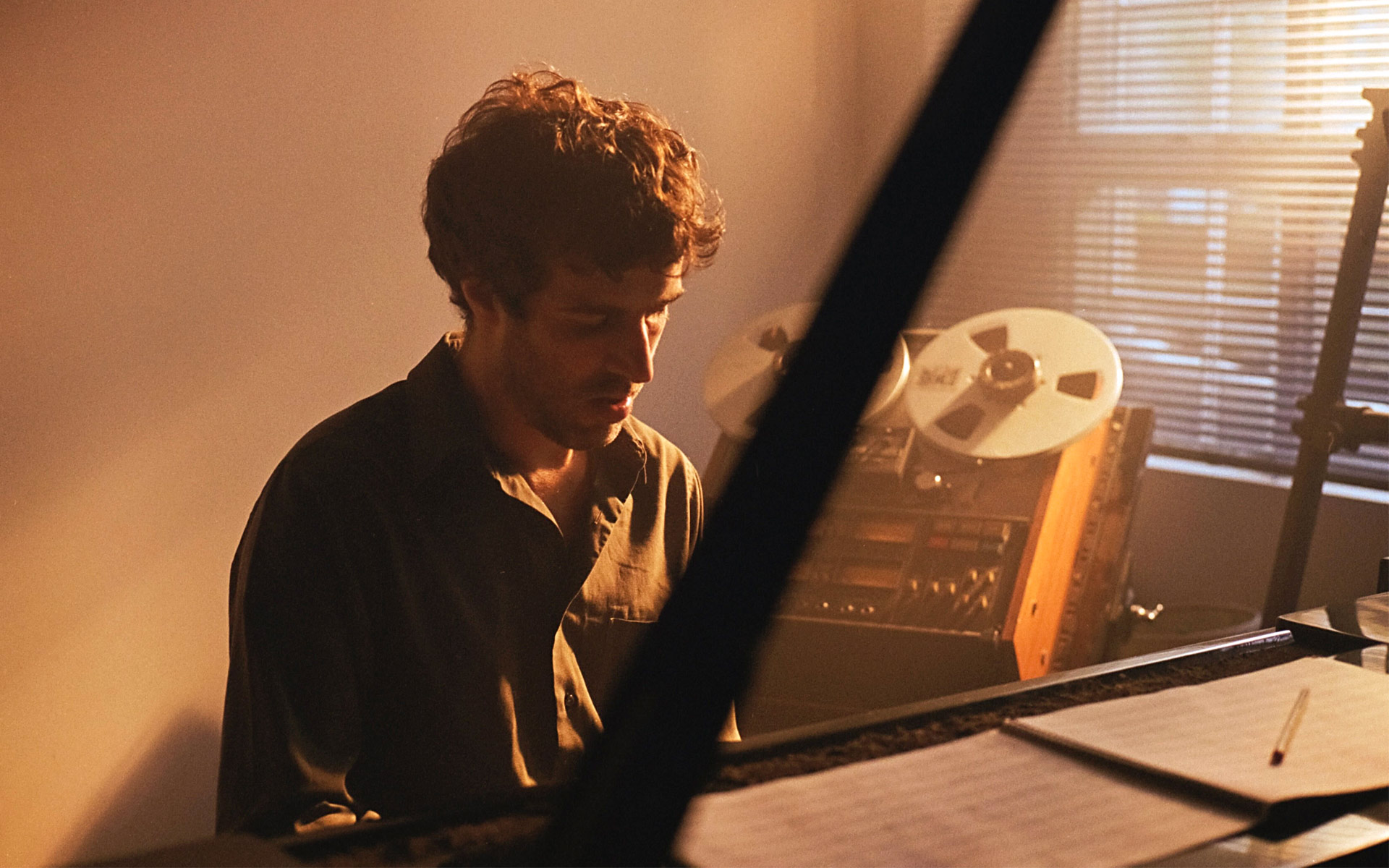
Berklee Online Student Chris LaRosa Places Top 5 in European Recording Orchestra Contest
After Chris LaRosa heard a live orchestra performing one of the scores he wrote for an assignment in the Composing the Orchestral Film Score course, he decided to enter the composition in the European Recording Orchestra’s Call for Scores Contest. He placed as one of the top five finalists.
Discover

Horror Music from ‘The Shining’ Main Title Explained
In many ways, the idea of using twentieth-century concert music to elicit fear and suspense in film was pioneered by The Shining. In this excerpt from Ben Newhouse’s Music Composition for Film and TV 1 course, you’ll examine melody, tone color, tempo and rhythm, harmony, and time associations from the main title sequence of the movie.

A Film Composer’s Guide to the Movie Set: Directors, Producers, Writers, and More!
In this excerpt from Berklee Online’s Film Scoring 101 you’ll get a sense of who does what on a movie set, whether it’s a director, producer, writer, or composer.

John Williams and the Music of ‘Star Wars’
It’s hard to overstate the importance of the career of John Williams in the history and evolution of film music. In honor of Star Wars Day on May 4 (may the fourth be with you), we’ll explore how John Williams and his music became such an essential aspect of the beloved franchise.

Video Game Design and the Playcentric Approach
In video game design, the playcentric approach puts the player experience at the center of the design process. Read why this matters in this course excerpt from Lori Landay’s Game Design Principles course.

Orchestration: How to Write for an Orchestra
“It is assumed that, if you can write for orchestra, you can write for anything.” An agent once told me that, and I took it to heart so much that I wrote two courses to help you get where you need to be with orchestration. Here is an excerpt.

Scott Gentile on Scoring His Brother’s Feature Film ‘American Murderer’
Scott Gentile, who earned his professional certificate in Composing and Orchestrating for Film and TV, discusses scoring the feature film “American Murderer,” directed by his brother, Matthew Gentile.

Vicente Avella on Exploring the ‘Physics of Light’
Musicians have explored light and darkness since, well, probably the beginning of light and darkness. Or at least since the beginning of music. But composer, pianist, and Berklee Online instructor Vicente Avella is doing something different with his new “Physics of Light” album.

Film Scoring Concepts You Need to Know
When scoring a film, there are five fundamental rules that you need to follow. Berklee Online course author Sean McMahon shares what he’s learned from personal experience, scoring and orchestrating Hollywood films.

Meet Aitor Etxebarria, Composer of Netflix’s ‘Intimidad’
A former student in Berklee Online’s Film Scoring 101 class, Aitor Etxebarria is the composer of the recently released Netflix series “Intimidad.” In this interview he discusses his creative process and his experience working in the film industry, as well as the music he made as El_Txef_A, long before he started composing for film.




